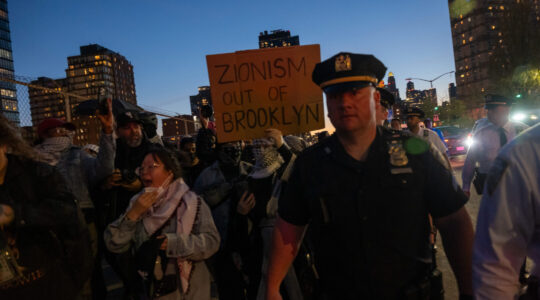Jerusalem – While many Israelis believed in their hearts that the three teens kidnapped more than two weeks ago would not be recovered alive, since no group had claimed responsibility or demanded the release of prisoners, when Israeli media reported their deaths at 8:30 p.m., it still came as a terrible shock.
In cafes and at home, there was an audible gasp when the Israeli media, constrained by the military censor, finally reported the news – which was already being reported by the foreign media stationed in Israel.
Many families were out and about on Monday night since the school year officially ended that day and it wasn’t a school night. From the looks on parents’ faces at a fast food restaurant on Emek Refaim Street in the capital, it was clear that they wanted to shelter their children from deaths but were having a hard time doing so.
Almost all of Israel’s school children knew of the kidnapping of Naftali Frankel, Gil-Ad Shaer and Eyal Yifrach. Many had prayed for the teens’ safe return or participated in activities supporting the soldiers searching night and day for them.
Minutes after the news broke people were trying to make sense of the tragedy. This being Israel, the discussions inevitably became political.
Watching the breaking news at Café Aroma in the German Colony neighborhood, Laine Katz said she was both “very sad about the boys’ death,” but also conflicted about it.
“I’m the mother of a soldier who has been searching for them. But at the same time I believe this kidnapping didn’t occur in a vacuum. I believe the occupation is wrong. That may sound cold, but that’s how I feel.”
Moshe Fine, a self-described right wing Jerusalemite, said the Israeli government "must wipe out Hamas and every other terrorist organization that feeds on our children. If we don't, they will just steal more of our teenagers, both civilians and soldiers."
A young man named Yossi, who declined to provide his last name, predicted that the conflict will escalate due to the kidnapping and Israeli raids into the West Bank to find the teens.
“There’s no end to this. The pain one side is feeling won’t allow it to feel the other side’s pain, and until they feel each other’s pain, this cycle of violence will continue.”
The New York Jewish Week brings you the stories behind the headlines, keeping you connected to Jewish life in New York. Help sustain the reporting you trust by donating today.




